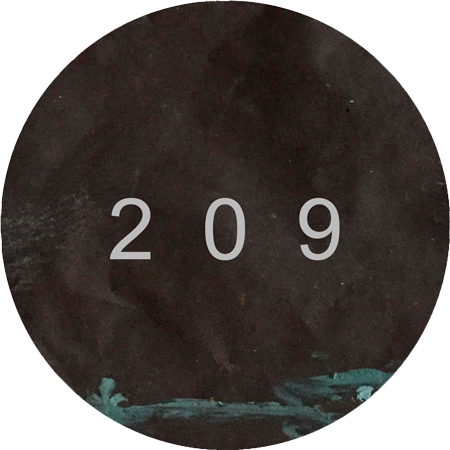Climate activism
Letzte Generation
The world we used to live in is about to change completely. Profound changes have already begun. Facing up to this dizzying situation has given me a desire to rethink my way of being in the world and created the need to take action, both personally and politically.
Since February 2022, I have become involved in the Letzte Generation movement, with the aim of demanding systemic change to limit global warming to +2 degrees. The Paris agreements set a very clear line on the measures needed, and the UN regularly reiterates how crucial it is for our survival to take immediate action. Failure to act is a crime against humanity, in the words of Antonio Gutteres.
Letzte Generation is a civil disobedience movement that engages in pacifist resistance. We carry out road blockades, the effectiveness of which is enhanced by the fact that some of the activists are glued to the asphalt.
We are part of the international A22 network, which was created in April 2022. It includes similar campaigns in 11 other countries, such as Just Stop Oil (UK), Declare emergency (USA) and Dernière rénovation (FR). We share our experiences and support each other. These movements take on their full meaning when seen as a whole, like a web. That's why I've chosen to include photos of all them on this page.
Each and every one of us can do our bit and send out a clear signal, changing the way we live in the world. Accepting the immensity of the crisis is empowering, and the key to building resilience within ourselves.
I took part in around ten actions over the course of 2022, mostly in Berlin where I live, but also one in Frankfurt, where I was lucky enough to work a few years ago. Now I'm going to court, like every other activist who takes part in civil disobedience. Of course, going to court is not pleasant, given that every conviction is a burden for the future, but it's also a new opportunity to express our values and explain the meaning of our approach.
Article 20a of the German Fundamental Law (Grundgesetz, GG) added in 2002 says:
"The state shall, also in responsibility for future generations, protect the natural foundations of life and act within the framework of the constitutional order through legislation and in accordance with the law and the administration of justice."
By failing to take the necessary measures to tackle climate change, the German government is breaking its own laws and putting future generations and the planet's livability at risk.
In the Federal Republic of Germany, the right to resist is enshrined in Article 20(4) of the Fundamental Law (GG). According to Article 20(4) of the GG, all Germans have the right to resist all attempts to undermine the democratic order of the rule of law, if no other remedy is possible. In the context of climate change, not only are the conditions for the application of Article 20(4) met, but everyone's responsibility is also engaged.
As the campaign progressed, so did the repression. At the same time, many organisations showed solidarity with the movement, recognising that the German state was failing to keep its promises and that the action of activists was appropriate to counter political inaction. Against this backdrop, we were invited to the Volksbühne in Berlin and hosted an evening with the actors there. We read testimonies from activists all over the world, from people in the global south who have already been affected by global warming, and we presented how civil disobedience can be used as a lever to bring about the necessary social changes.
Apart from my involvement with Letzte Generation, I've been active with Parents for Future and I'm still in contact with numerous groups both within and outside the For Future Network. Activist work is nourished by constant exchange and the work of a huge number of associations and NGOs is necessary. I'm deeply thankful to all who show such commitment.
But environmental commitment isn't just about politics. It's also a question of human relationships. Because it has the greatest impact on our daily lives, the local level is also the one over which individuals have the most control and are best placed to bring about concrete change. Talking to your neighbours, growing a small garden, organising yourself into small groups to solve practical problems - these are all things that I believe are essential for making society. Rethinking the way we live in the public space means being present where we live, in our homes, in our streets, in our neighbourhoods. And that's what I'm trying to do.
You can find online multiple articles to my activities. For exemple here:
>>> 27.06.2023, DNA, France
>>> 23.05.2023, T-online, Germany
>>> 05.06.2022, Tagesspiegel, Germany










